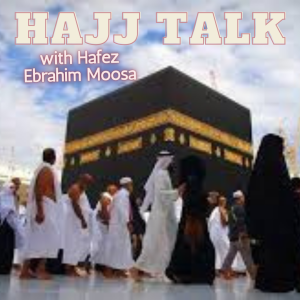 By Annisa Essack
By Annisa Essack
04:07:2022
One wouldn’t think about food preparation whilst performing Hajj as an abundance of food outlets are available. But due to varied diets and economic status, many pilgrims, especially from Asia, choose to prepare their meals.
Hafez Ebrahim shed light on the ban by Saudi Arabia on using cooking gas cylinders in all pilgrims’ camps.
The prohibition is part of the measures to ensure the safety of pilgrims and reduce the risk of accidents.
However, India’s diversity means several tastes and different food habits for the people, which ready-made packed food does not fulfil and is not cost-effective.
Begging has become a scourge in the holy lands, and Hafez Ebrahim spoke of a Bangladeshi pilgrim detained by Saudi authorities and released only after the Bengali Hajj Mission signed an undertaking on his behalf.
According to Hafez Ebrahim, the Bengali press investigated the pilgrim further. He was a serial beggar who travelled to several countries, which allowed him to purchase plots of land in his home country.
Because begging, like in this case, proves to be lucrative to organised begging syndicates, the Saudi government has instituted laws that could see people begging receiving stiff fines or even jail time. It also places the Hajj missions and travel agencies at risk of being penalised.
Camels are an integral part of the Middle East and Hajj, including Udhiyah or the sacrifice where camels, sheep and goats are slaughtered.
This year though, no camels are allowed into the holy sites during the Hajj season.
The decision was taken to curb animal-to-human transmission of the Covid virus. To ensure this is maintained, the authorities have placed veterinarians at entrance points to examine all animals to verify the source and health status before entering the Kingdom.
[LISTEN] to the podcast here






0 Comments